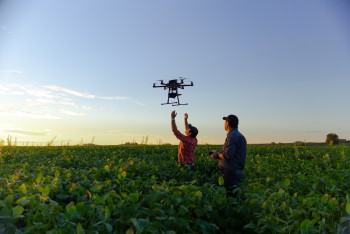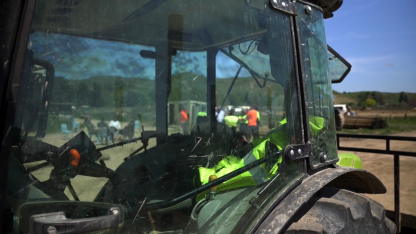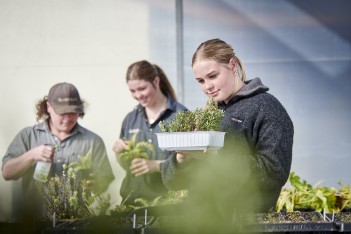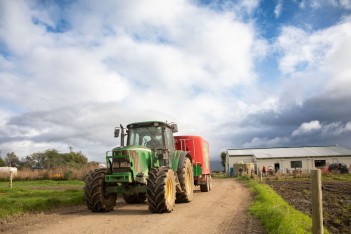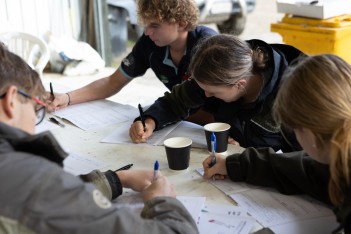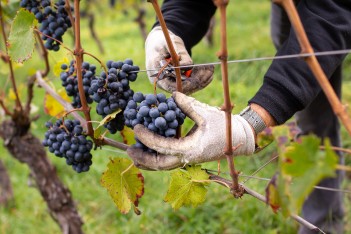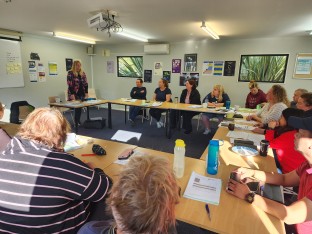2026 Investment Advice
Muka Tangata provides advice to TEC on investment in vocational education to influence funding decisions that considers industry needs, to help match skills and workforce demands with supply.
Learn moreThe uptake of technology is seen as a significant driver in mitigating labour shortages in the fruit industry.
The Fruit industry is highly seasonal, and vulnerable to extreme weather events.
It may take years for Kiwifruit and berry orchards to fully recover from 2023’s silt and flood devastation, but strong export growth in recent years means the industry is continuing to grow.
Key Challenges
Find out about our work to assess the quality of programmes delivered by providers for this industry here.
A snapshot of the Fruit workforce development plan is available for download here. Please note that this reflects a point in time (July 2024). The most up to date information is on the workforce development plans website.
Muka Tangata provides advice to TEC on investment in vocational education to influence funding decisions that considers industry needs, to help match skills and workforce demands with supply.
Learn more
This section provides information about the workforce, industry and Vocational Education and Training (VET) provision and performance. It shows data and research focused on key aspects of Muka Tangata industry groups and learners. This section is expected to feature regular updates to the data and trends being showcased.
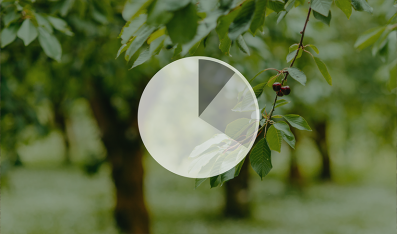
Insights for Industry about trends in economic performance indicators.

Insights on the workforce, including; size, ethnicity, age, regional distribution, and gender.
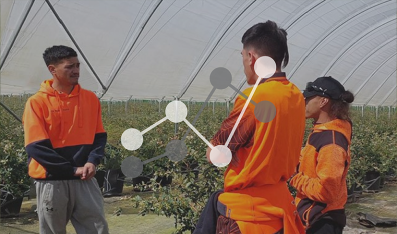
Insights about learners, including trends in enrolments and mix of provision.
Attracting people with the right skills into the Fruit industry is a challenge and the existing qualifications related to the Fruit industry do not always align with the skills required to do the work. Non-formal learning is currently being used to support employees to move into leadership roles. More recognition of transferable skills might help to attract people and move people to and from other industries, ensuring a more continuous work stream in line with seasonal demands.
The industry attracts a wide range of people from diverse backgrounds, including school leavers and people who may not have any previous training or work experience, and supporting a multi-cultural workforce is a focus of the Fruit industry.
This is our plan to address the vocational education and training opportunities that arose from our engagement, research and analysis. It includes real projects that we are committed to delivering, with most of these spanning across some or all Muka Tangata industries. Our Projects have replaced our previous “Roadmap Actions” and present a consolidated view of our mahi. Some of the previous roadmap actions have been completed or closed out following a review of our work programme and engagement with industry on the priority of these actions.
